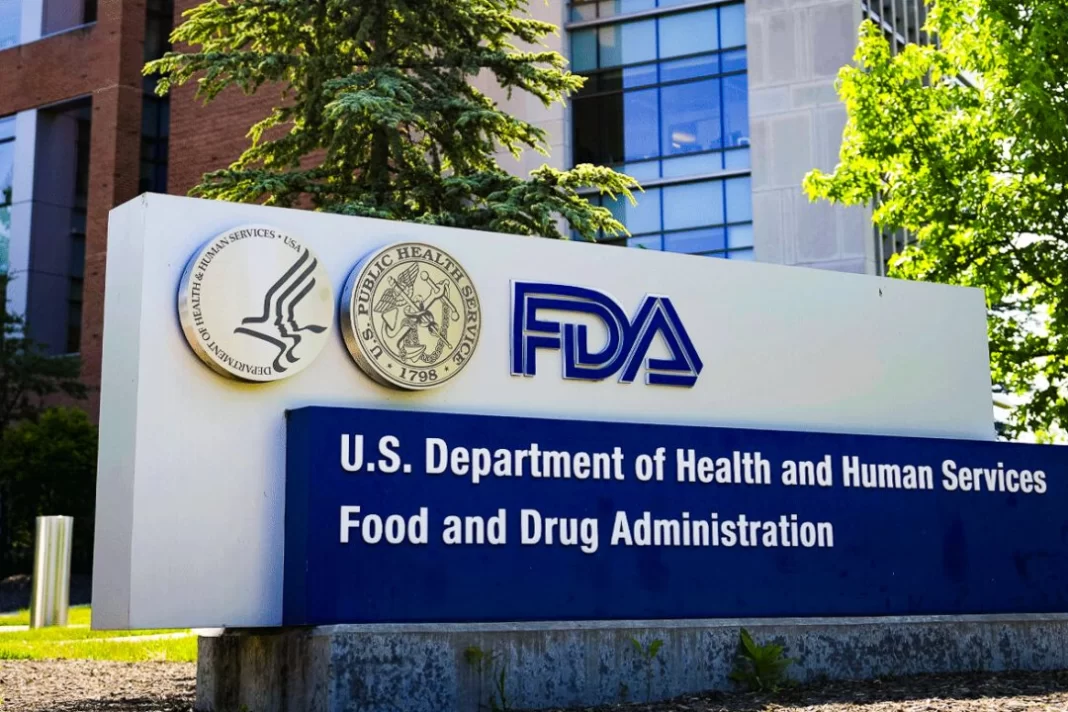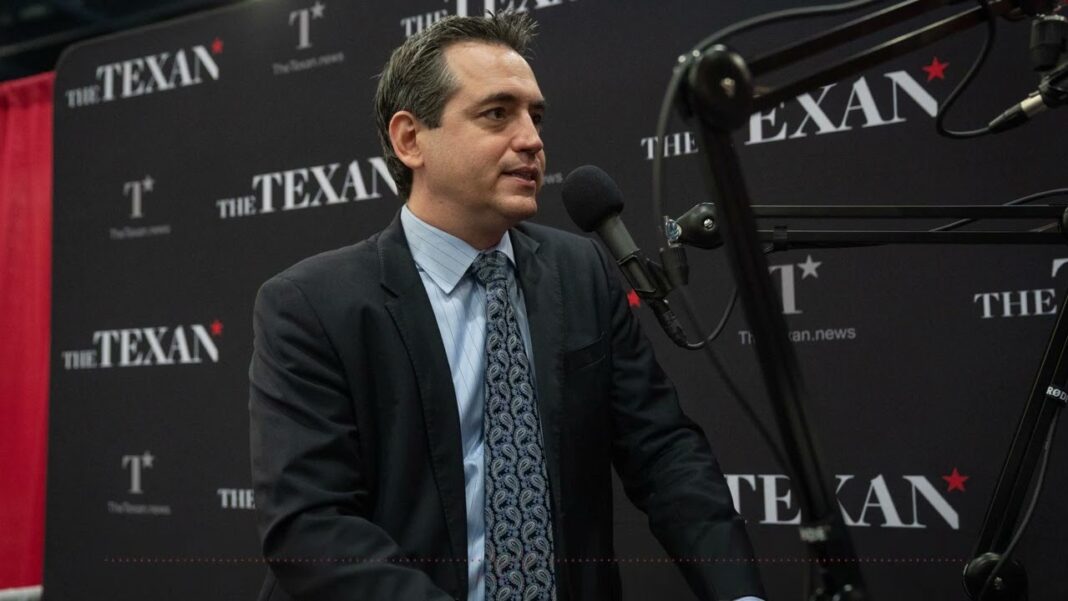Agency maintains the shots are ’safe and effective.’
Updated COVID-19 vaccines may cause heart inflammation and severe allergic shock, according to a new study from the U.S. Food and Drug Administration (FDA).
Researchers with the FDA, the U.S. National Institutes of Health, and companies like CVS looked at health care databases to try to figure out if there were signs the Moderna and Pfizer bivalent COVID-19 vaccines might be linked to any health issues.
They found several safety signals. One signal was for myocarditis, a form of heart inflammation, and a related condition called pericarditis following Pfizer vaccination in adults aged 18 to 35. Another was for anaphylaxis, or severe allergic shock, following Moderna and Pfizer vaccination in people aged 18 to 64.
The signals were detected in a database from Carelon Research.
The incidence rate for anaphylaxis was 74.5 cases per 100,000 person-years following Pfizer vaccination and 109.4 cases per 100,000 person-years following Moderna vaccination.
Researchers arrived at an incidence rate of 131.4 cases of myocarditis/pericarditis per 100,000 person-years after a Pfizer shot.
No stratification was done by gender, despite myocarditis, according to many studies, disproportionately affecting males.
Person-years is a measure used in some studies. In this study, all time during post-vaccination periods of time known as risk intervals were included. The risk intervals were different depending on the health outcome. For anaphylaxis, the risk interval was 0 to 1 day; for myocarditis/pericarditis, it was 0 to 7 days or 0 to 21 days.
Additional issues were also identified in the four databases that were analyzed, but none rose to the level of a safety signal, a set criteria that is an indication of a vaccine causing an issue.
The study analyzed data from people aged 6 months and older from August 2022 to July 2023. The bivalent shots were replaced soon after by updated vaccines because their effects, which already started low, were shown to wane in observational studies.
Researchers only included people who were continuously enrolled in an insurance plan and did not suffer health issues during a “clean interval,” or if the health outcome in question did not occur during a certain interval.
“References for the clean interval could not be located in the literature and are based on clinician input,” the authors said in a footnote.
Pfizer and Moderna, which make COVID-19 shots that utilize modified messenger RNA (mRNA), did not return inquiries.







